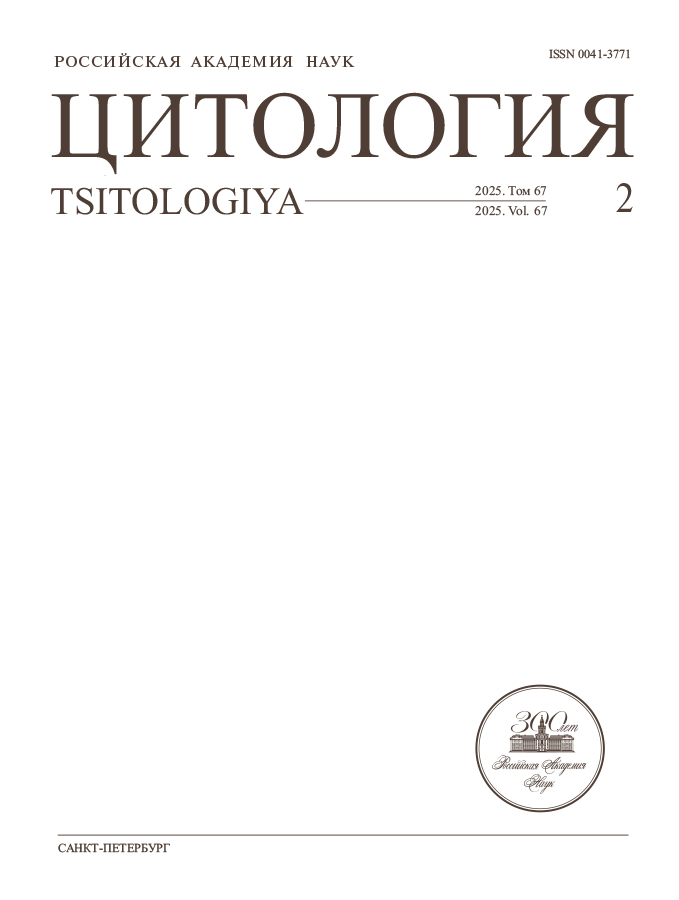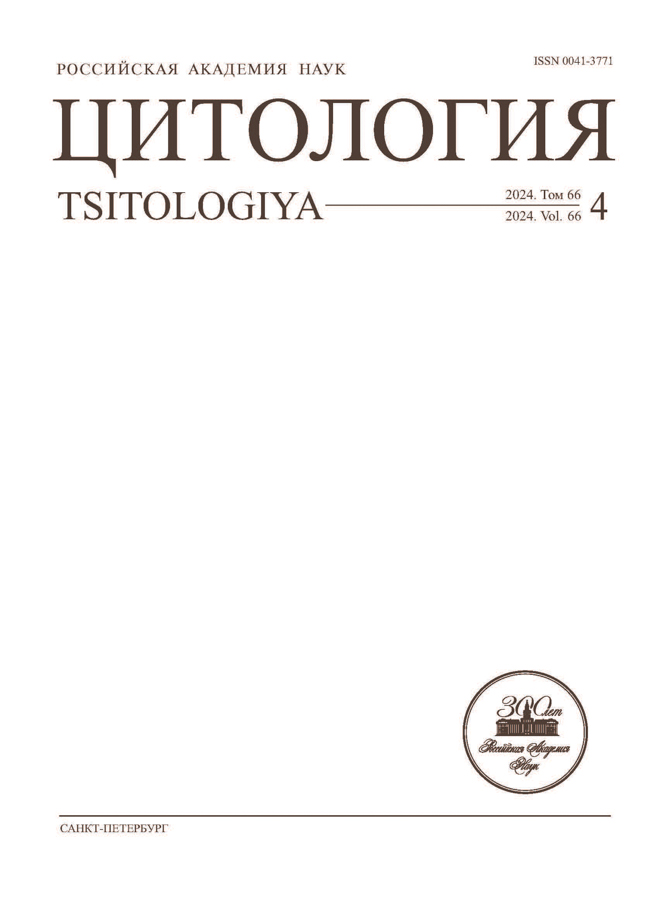Development of an in vitro model of dysferlinopathy via crispr/cas-mediated transcriptional activation of the dysf gene
- Authors: Yakovlev I.A.1,2, Slesarenko Y.S.2, Starostina I.G.3, Shaimardanova A.A.3, Solovyova V.V.3, Bobrovsky P.A.4, Grafskaia E.N.4, Belikova L.D.4, Bardakov S.N.1, Rizvanov A.A.3,5, Isaev A.A.1, Deev R.V.1,2,6
-
Affiliations:
- Artgene Biotech
- OOO Genotarget, Skolkovo Innovation Center
- Kazan (Volga Region) Federal University
- Lopukhin Federal Research and Clinical Center of Physical-Chemical Medicine
- Division of Medical and Biological Sciences, Tatarstan Academy of Sciences
- Avtsyn Research Institute of Human Morphology, Petrovsky National Research Centre of Surgery
- Issue: Vol 66, No 4 (2024)
- Pages: 380-392
- Section: Articles
- URL: https://clinpractice.ru/0041-3771/article/view/669502
- DOI: https://doi.org/10.31857/S0041377124040064
- EDN: https://elibrary.ru/QCPXOW
- ID: 669502
Cite item
Abstract
Scientists need cell models from human tissues to develop methods of gene therapy and genome editing for monogenic diseases. It is preferable to use minimally invasive methods to obtain samples; these tissues can be applied for further screening in order to select the most effective approach to restore the synthesis of the target protein. We used the CRISPR/Cas9-SAM transcriptional activation system, which ensures expression of the DYSF gene in HEK293Т cells, as well as in fibroblasts from patients with dysferlinopathy (c.2779delG (Ala927LeufsX21)). After targeted activation of DYSF, it was possible to detect the main gene products: mRNA and protein (HEK293Т_ТА) and mRNA (fibroblasts). Transcriptionally activated dysferlin-deficient fibroblasts and HEK293 cells can be used to evaluate the in vitro efficacy of gene therapy for dysferlinopathies.
Full Text
About the authors
I. A. Yakovlev
Artgene Biotech; OOO Genotarget, Skolkovo Innovation Center
Author for correspondence.
Email: mail@genotarget.com
Russian Federation, Moscow; Moscow
Y. S. Slesarenko
OOO Genotarget, Skolkovo Innovation Center
Email: mail@genotarget.com
Russian Federation, Moscow
I. G. Starostina
Kazan (Volga Region) Federal University
Email: mail@genotarget.com
Russian Federation, Kazan
A. A. Shaimardanova
Kazan (Volga Region) Federal University
Email: mail@genotarget.com
Russian Federation, Kazan
V. V. Solovyova
Kazan (Volga Region) Federal University
Email: mail@genotarget.com
Russian Federation, Kazan
P. A. Bobrovsky
Lopukhin Federal Research and Clinical Center of Physical-Chemical Medicine
Email: mail@genotarget.com
Russian Federation, Moscow
E. N. Grafskaia
Lopukhin Federal Research and Clinical Center of Physical-Chemical Medicine
Email: mail@genotarget.com
Russian Federation, Moscow
L. D. Belikova
Lopukhin Federal Research and Clinical Center of Physical-Chemical Medicine
Email: mail@genotarget.com
Russian Federation, Moscow
S. N. Bardakov
Artgene Biotech
Email: mail@genotarget.com
Russian Federation, Moscow
A. A. Rizvanov
Kazan (Volga Region) Federal University; Division of Medical and Biological Sciences, Tatarstan Academy of Sciences
Email: mail@genotarget.com
Russian Federation, Kazan; Kazan
A. A. Isaev
Artgene Biotech
Email: mail@genotarget.com
Russian Federation, Moscow
R. V. Deev
Artgene Biotech; OOO Genotarget, Skolkovo Innovation Center; Avtsyn Research Institute of Human Morphology, Petrovsky National Research Centre of Surgery
Email: mail@genotarget.com
Russian Federation, Moscow; Moscow; Moscow
References
Supplementary files















